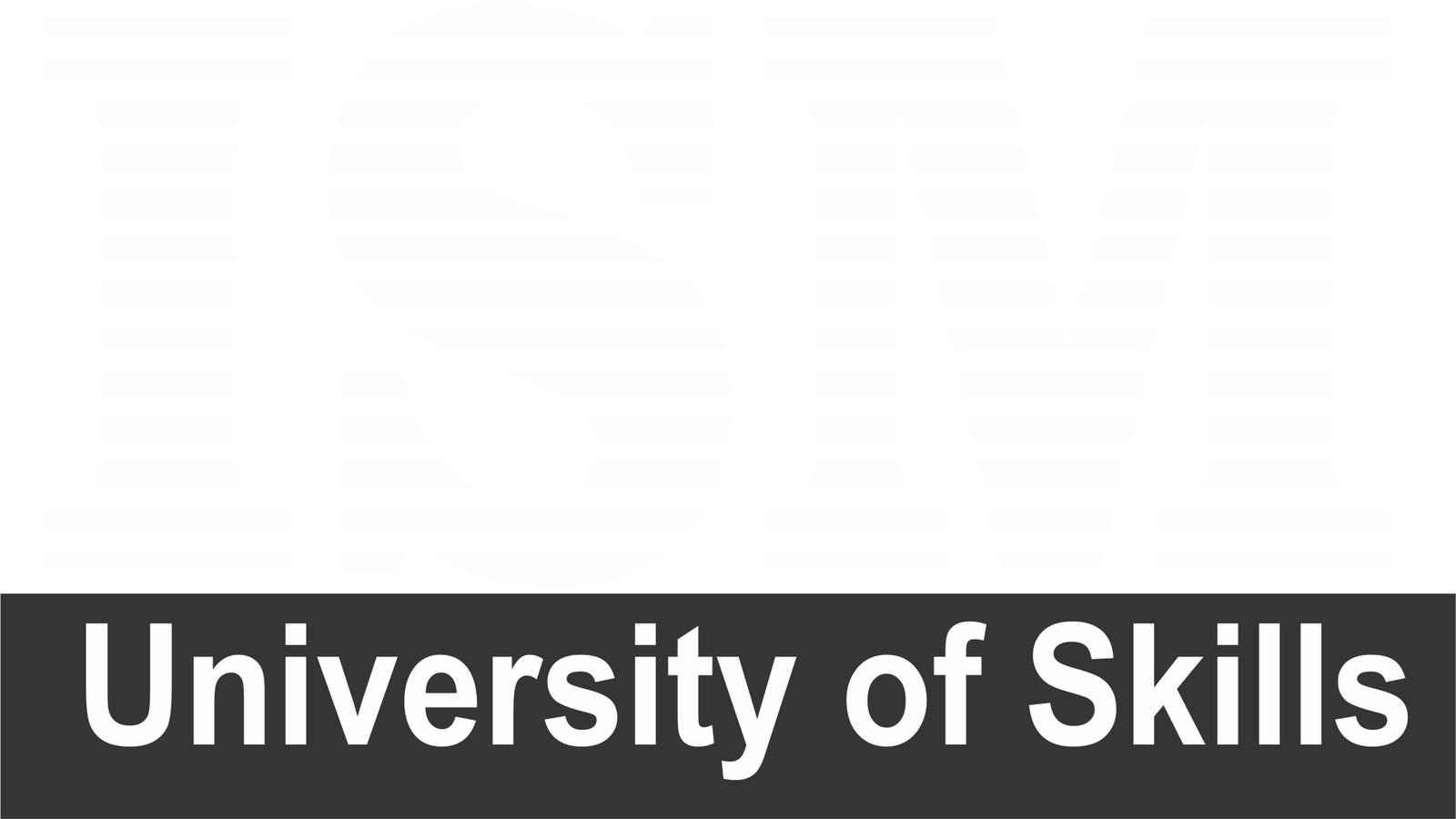Technology is rapidly reshaping education in the 21st century, as artificial intelligence (AI) is being integrated into the classroom. Students, educators, and parents are interacting with educational content in a new way thanks to artificial intelligence-based educational platforms that provide personalized learning experiences, adaptive tutoring, and real-time feedback. As a result of this transformative approach, individual student needs will be catered to, engagement will be enhanced, and learning outcomes will be optimized.
Personalized Learning Experiences
AI has significant advantages in education because it allows for customized learning experiences based on students’ needs, preferences, and learning styles. Using AI algorithms, students’ performance metrics, learning pace, and comprehension levels are analyzed to develop customized learning pathways. By adapting content delivery and instructional strategies to individual student requirements, AI ensures that learners receive targeted support precisely where they need it most.
Adaptive Tutoring
AI-powered educational platforms act as virtual tutors, providing adaptive tutoring that adjusts to students’ proficiency levels and learning progress in real time. These platforms utilize machine learning algorithms to dynamically modify the difficulty of tasks, offer additional explanations or practice exercises when necessary, and scaffold learning to support students as they tackle increasingly complex concepts. This personalized approach fosters a supportive learning environment where students can work at their own pace, building confidence and mastery as they advance through their studies.
Real-Time Feedback
Another significant benefit of AI in education is its capacity to deliver instantaneous, data-driven feedback to students, educators, and parents. Through advanced analytics and natural language processing capabilities, AI systems can assess student performance, identify areas of strength and weakness, and provide actionable insights for improvement. Real-time feedback empowers students to track their progress, reflect on their learning strategies, and make informed decisions about their study habits. Educators can also leverage AI-generated data to assess teaching effectiveness, identify instructional gaps, and tailor interventions to support student growth effectively.
Bridging the Gap Between Classroom and Home Learning
AI-based educational platforms facilitate seamless communication and collaboration between students, educators, and parents, bridging the gap between classroom instruction and home learning environments. These platforms often feature interactive components such as discussion forums, virtual classrooms, and collaborative projects, enabling students to engage in collaborative learning experiences regardless of their physical location. Parents can monitor their child’s academic progress in real time, access detailed performance reports, and actively participate in their child’s educational journey, fostering a supportive home learning environment.
Challenges and Considerations
While the integration of AI into education holds immense promise, it also presents challenges and considerations that must be addressed. Privacy concerns regarding the collection and use of student data, the need for adequate training and professional development for educators to effectively leverage AI tools, and the importance of promoting digital literacy skills among students are among the key considerations in implementing AI-based educational initiatives. Additionally, ensuring equitable access to AI-enabled educational resources and addressing potential biases in AI algorithms are essential for fostering inclusive learning environments.
Conclusion
AI-based educational platforms represent a paradigm shift in the field of education, offering personalized learning experiences, adaptive tutoring, and real-time feedback to students, educators, and parents. By harnessing the power of AI to individualize instruction, support student learning, and foster collaboration, these platforms have the potential to revolutionize education, empowering learners to achieve their full potential in an increasingly interconnected and dynamic world. As the educational landscape continues to evolve, the thoughtful integration of AI holds the key to unlocking new possibilities and driving positive educational outcomes for generations to come.

